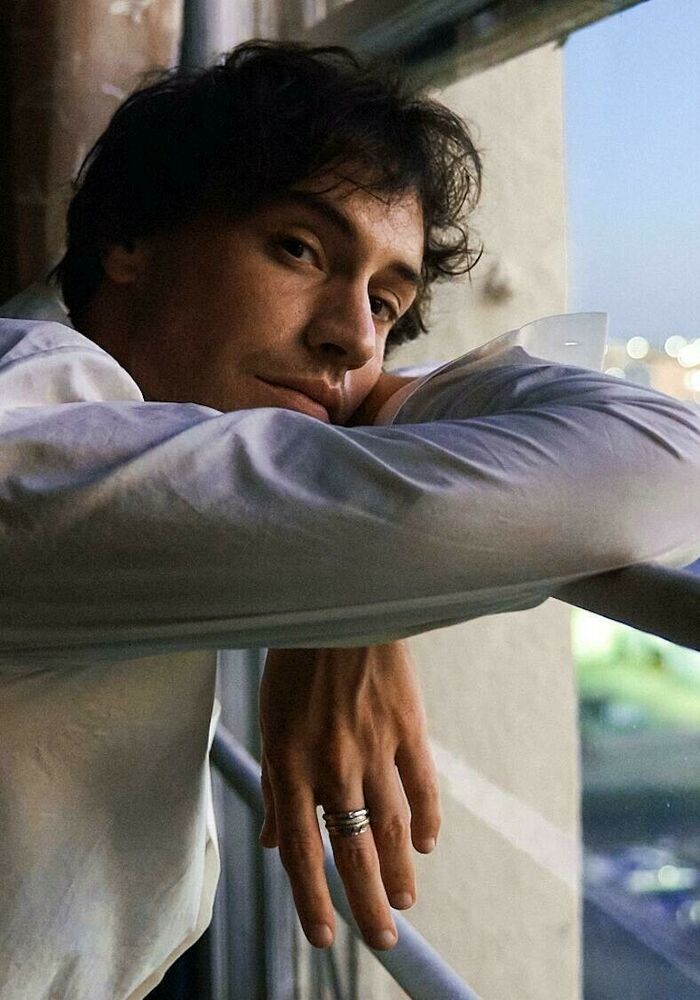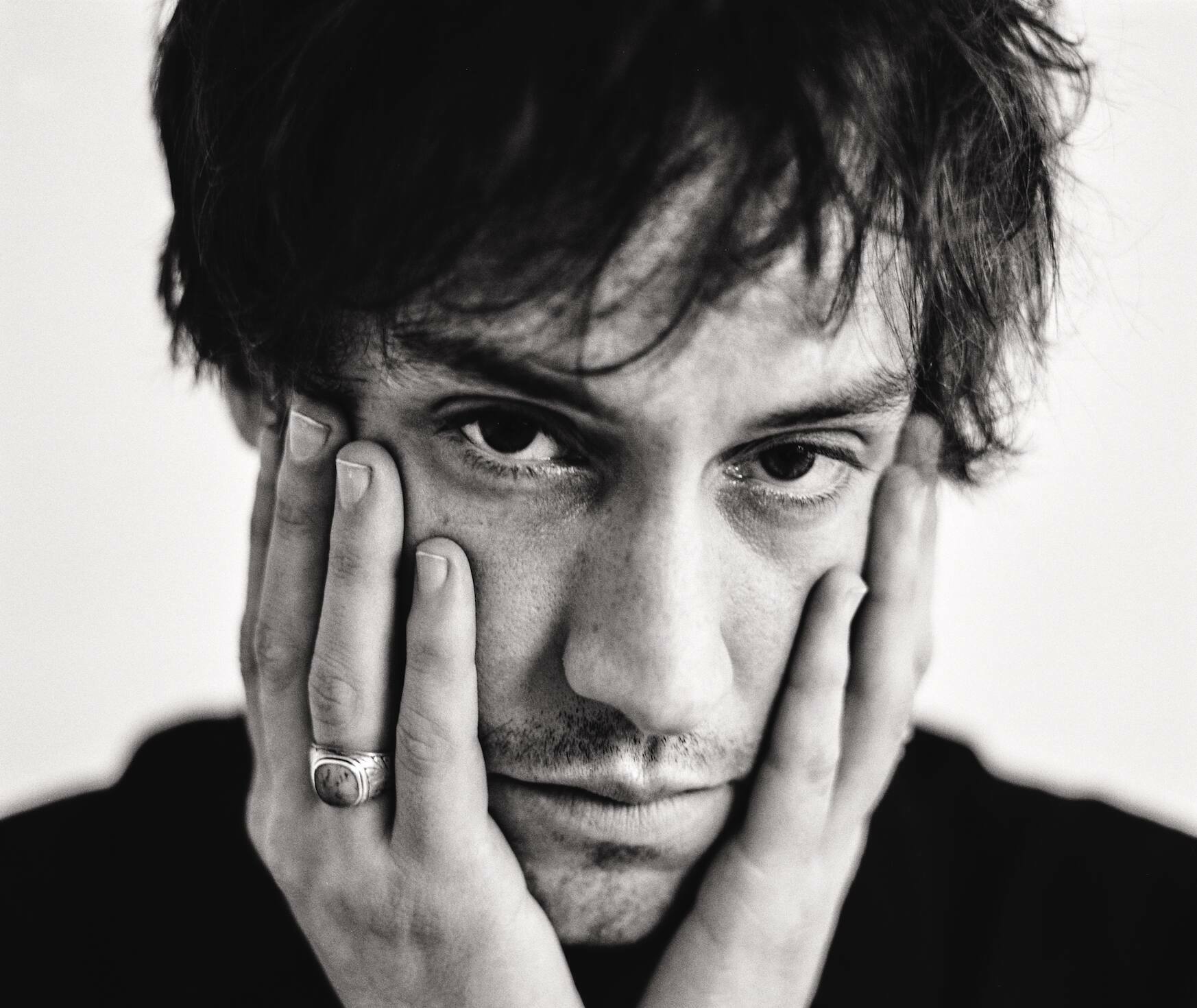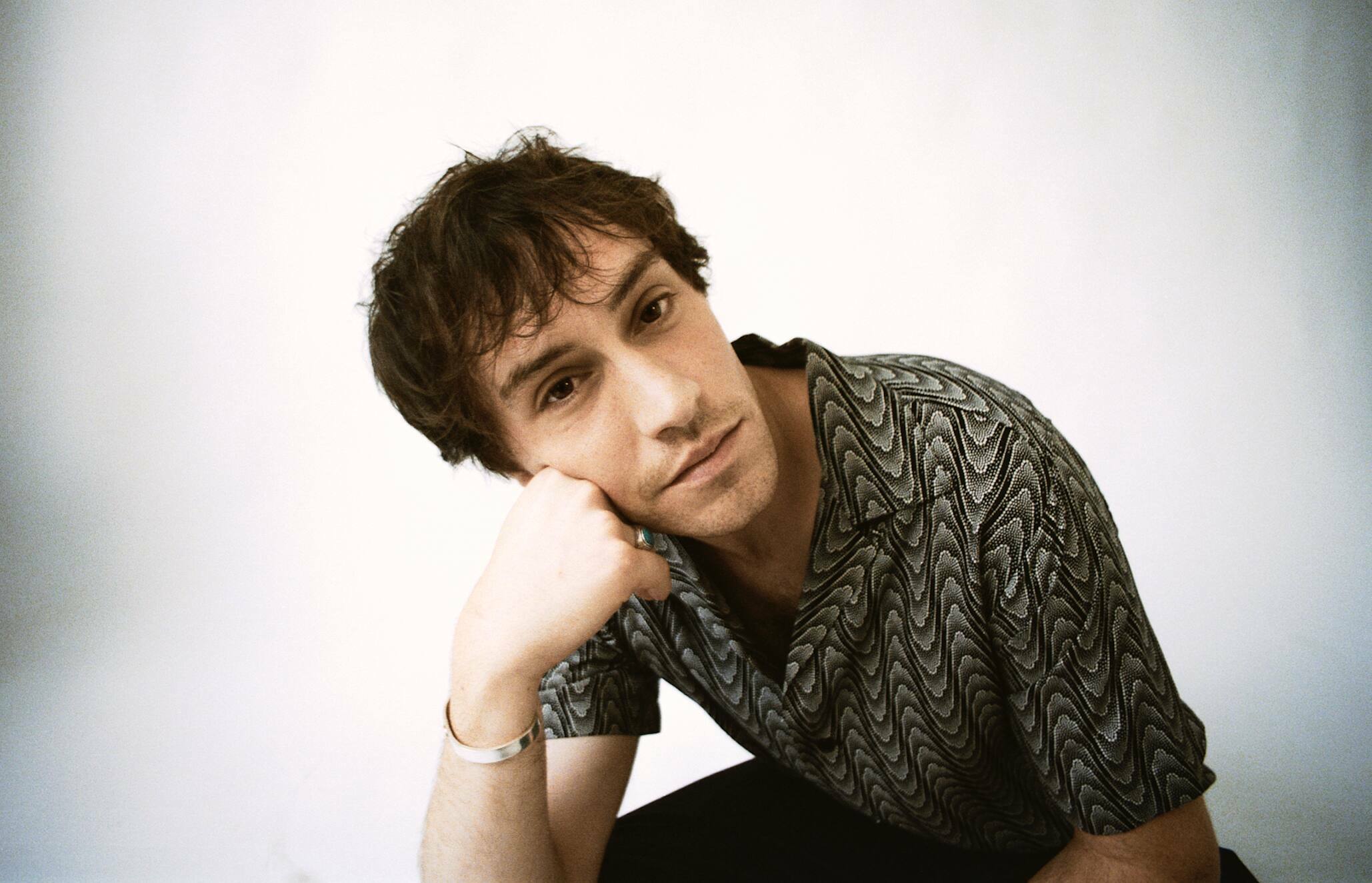US singer and songwriter Max Jury has spoken to Headliner about his new self-produced third album Avenues, his collaboration with London Grammar’s Dan Rothman, and ‘finding his true self as an artist’.
Released on March 31, Avenues marks something of a creative milestone for Jury. As an artist who has always thrived on collaboration, particularly in the production stakes, this latest collection represents the purest distillation of his artistic vision yet. Which is not to say he’s eschewed collaborators entirely – contributions from the likes of London Grammar’s Dan Rothman, as well as old friends and previous collaborators Stacy Harden and Grammy winner Jimmy Hogarth, flow throughout. However, this time around, Jury largely handled production and engineering duties alone, allowing him to take greater control over the final iteration and presentation of the songs.
“When I first started, and I think it’s like this for most young artists, I didn’t have the skillset for producing or engineering music, or the vocabulary for what I wanted to do,” Jury tells Headliner as we join him over Zoom from his North Carolina studio. “I would always know what I wanted things to sound like, but there was a disconnect in getting there, so it’s quite easy to be in the pocket of whichever producer you’re working with. That can be great, but sometimes it can be challenging to arrive at exactly what you’re trying to accomplish. During the pandemic I was afforded the time to learn this side of how to do it, because I wanted to make sure I’m getting my sonic message across. And I definitely got a firmer understanding of production, engineering, and how to make those things come to life.
“I’m not saying this in a negative way, but you can get pulled in certain directions and then it’s tough to take a breather and think about what you really want to do. Now I’m just making music the way I want it to sound and I’m happy with that. The album is pretty much self-produced; Dan and my friend Stacy helped me out a lot, but a lot of my records aren’t self-produced. They were more collaborative production environments. And I have been blessed to work with some great producers and learn a lot from them. I did a few songs with Inflo (Adele, Little Simz, Michael Kiwanuka, Tom Odell) on my first album and he’s as good as it gets. So, trying to learn from that has been helpful, as they bring a magic to the music too, but this time I felt like I should keep it as my baby and see what happens.”
Work on Avenues started almost immediately after the release of his last record Modern World. In keeping with the troubadour spirit that has informed so much of his work, Jury found himself hopping across the US, and indeed the Atlantic, to begin writing sessions with a handful of new and familiar collaborators. By way of North Carolina, LA, and London, skeletons of the songs that would form Avenues were gradually fleshed out.





